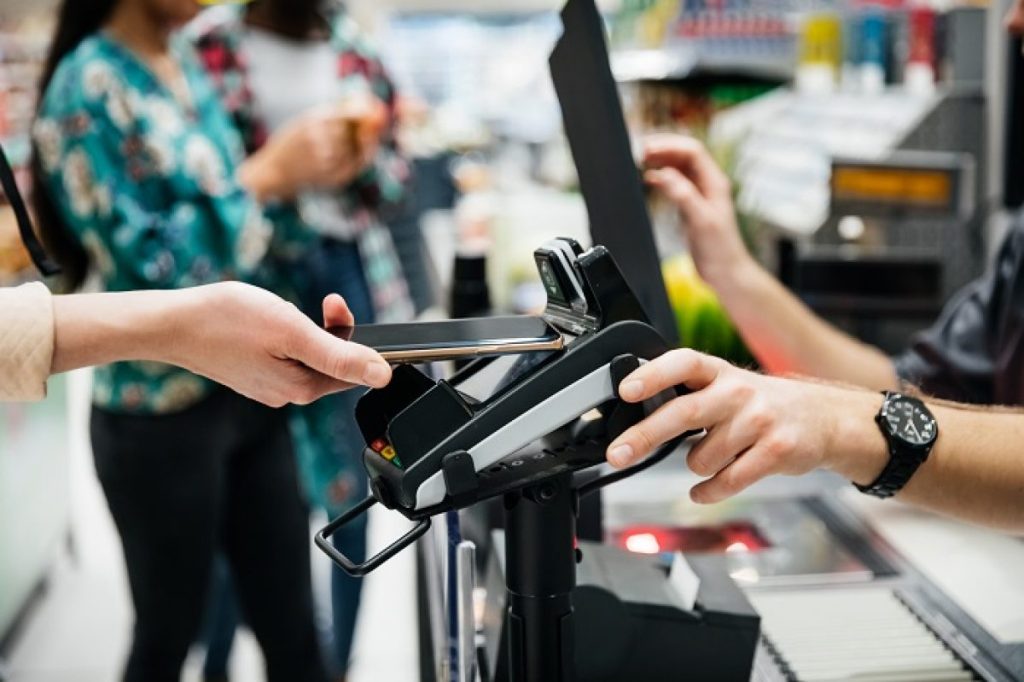In an era dominated by digital transactions and virtual currencies, the importance of cash services might seem diminished. However, these services continue to offer a range of benefits that cater to diverse financial needs. This essay delves into the advantages of cash services, highlighting how they optimize financial transactions for individuals and businesses alike.

1. Tangibility and Universality
Cash services provide the tangible aspect that many digital transactions lack. Cash is universally recognized and accepted, making it a convenient means of payment across various settings, from local markets to international travels. Unlike digital methods, cash does not rely on technological infrastructure or connectivity, ensuring seamless transactions in any situation.
2. Privacy and Anonymity
In an age where online transactions can leave a digital footprint, cash transactions offer a level of privacy and anonymity. Cash services allow individuals to make transactions without revealing personal information, preserving their financial privacy and minimizing the risk of identity theft or cyber fraud.
3. Budgeting and Financial Discipline
Using cash for transactions encourages better budgeting and financial discipline. With a finite amount of physical currency in hand, individuals are more conscious of their spending habits. This tangible approach prompts thoughtful consideration before making purchases, fostering a sense of control over one’s finances.
4. Accessibility and Inclusion
Cash services bridge the gap for those who do not have access to digital banking or credit systems. This inclusivity is crucial for individuals in rural or underserved areas, as well as those who may not have access to a bank account. Cash services empower such individuals to engage in economic activities and financial transactions without barriers.
5. Emergency Preparedness
In times of emergencies, cash becomes a reliable asset. Natural disasters, power outages, or disruptions in digital services can render electronic transactions useless. Cash services ensure that individuals have a means of conducting transactions even when faced with unforeseen circumstances.
While the world is rapidly embracing digital transactions, cash services remain relevant due to their tangible nature, privacy, inclusivity, and reliability in emergencies. They offer a range of benefits that optimize financial transactions, catering to the diverse needs of individuals and businesses.
Enhancing Financial Flexibility: The Role of Cash Services
The digital revolution has transformed the way we manage money, but cash services remain a cornerstone of financial flexibility. This essay explores the significance of cash services in optimizing financial transactions, emphasizing their role in providing individuals and businesses with a versatile and reliable means of exchange.
1. Immediate Transactions
Cash services enable immediate transactions without the need for intermediary processes. This speed is especially relevant in scenarios where time-sensitive payments are required. Whether it’s settling bills, making purchases, or engaging in peer-to-peer transactions, cash ensures swift and efficient exchanges.
2. Negotiation Power
Cash transactions often offer negotiation power. In settings such as local markets or informal transactions, the ability to negotiate prices can lead to cost savings. Cash empowers individuals to engage in direct negotiations, resulting in mutually beneficial outcomes.
3. Financial Literacy and Awareness
Using cash encourages financial literacy and awareness. Physically handling money allows individuals to visually track their income and expenses. This tactile interaction fosters a better understanding of their financial situation, contributing to improved money management habits.
4. Economic Stability
Cash services contribute to economic stability by facilitating transactions even during economic fluctuations. In times of uncertainty, individuals can rely on cash for essential transactions, reducing the dependence on digital systems that might be affected by market volatility.
5. Local Economies
Cash services play a vital role in supporting local economies. Small businesses, street vendors, and artisans often rely on cash transactions. By utilizing cash services, consumers contribute to the growth and sustainability of these local enterprises.
6. Cultural and Social Norms
In some cultures and communities, cash is deeply ingrained in social norms and customs. Cash gifts, charitable donations, and traditional ceremonies often involve physical currency. Embracing cash services acknowledges and respects these cultural practices.
7. Financial Empowerment
Cash services empower individuals who prefer managing their finances through tangible means. Some people find it easier to budget, control spending, and stay accountable by physically handling money. Cash services cater to these preferences, enabling financial empowerment.
In summary, cash services remain essential for optimizing financial transactions by offering immediate exchanges, negotiation power, financial literacy opportunities, economic stability, support for local economies, and empowerment of individual preferences. As the financial landscape continues to evolve, cash services maintain their role in enhancing financial flexibility.

The Resilience of Cash Services: A Closer Look
In the digital age, cash services stand as a resilient and valuable component of the financial ecosystem. This essay explores the enduring benefits of cash services, shedding light on their contributions to financial transactions and outlining the reasons behind their continued relevance.
1. Universal Acceptance
Cash services hold the advantage of universal acceptance. While digital transactions may rely on specific platforms or technologies, cash transcends such limitations. Whether in developed or remote regions, cash is recognized as a legitimate means of exchange.
2. Financial Inclusion
Cash services play a pivotal role in promoting financial inclusion. In regions where digital infrastructure is lacking, or where communities prefer tangible transactions, cash services ensure that no one is left behind in the financial landscape. This inclusivity fosters economic participation and empowerment.
3. Reducing Digital Vulnerabilities
Digital transactions carry inherent vulnerabilities, including cyber threats and identity theft. Cash services offer a safer alternative, minimizing the risk of online breaches. People concerned about their digital security often choose cash as a secure way to conduct transactions.
4. Tangible Budgeting
The tactile nature of cash allows for tangible budgeting. Individuals can physically allocate specific amounts for different purposes, promoting disciplined spending. This hands-on approach enhances financial awareness and reduces the risk of overspending.
5. Emergency Preparedness
Cash services shine in emergencies when digital infrastructure might fail. Natural disasters, power outages, or economic crises can disrupt digital transactions. Cash provides a reliable fallback option, ensuring that essential transactions can continue even during challenging times.
6. Informal Transactions
Informal economies and microtransactions thrive through cash services. Street vendors, local markets, and small-scale businesses often rely on cash for their transactions. By supporting cash services, individuals contribute to the sustenance of these vital economic networks.
7. Cultural Traditions
Many cultural practices involve the use of physical currency. Cash services respect and uphold these traditions, allowing individuals to engage in customary transactions, gift-giving, and communal events in ways that align with their heritage.
In conclusion, the resilience of cash services stems from their universal acceptance, role in financial inclusion, ability to reduce digital vulnerabilities, support for tangible budgeting, reliability in emergencies, facilitation of informal transactions, and preservation of cultural norms. As technology continues to shape the financial landscape, cash services remain steadfast, catering to a diverse range of needs and preferences.























Discussion about this post